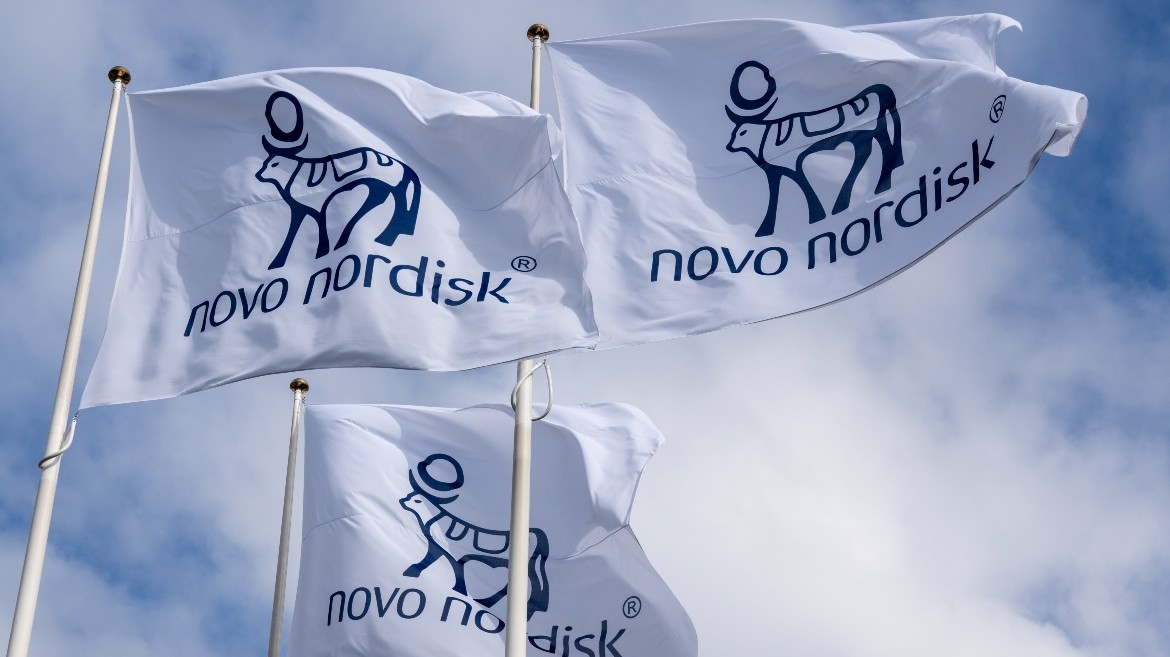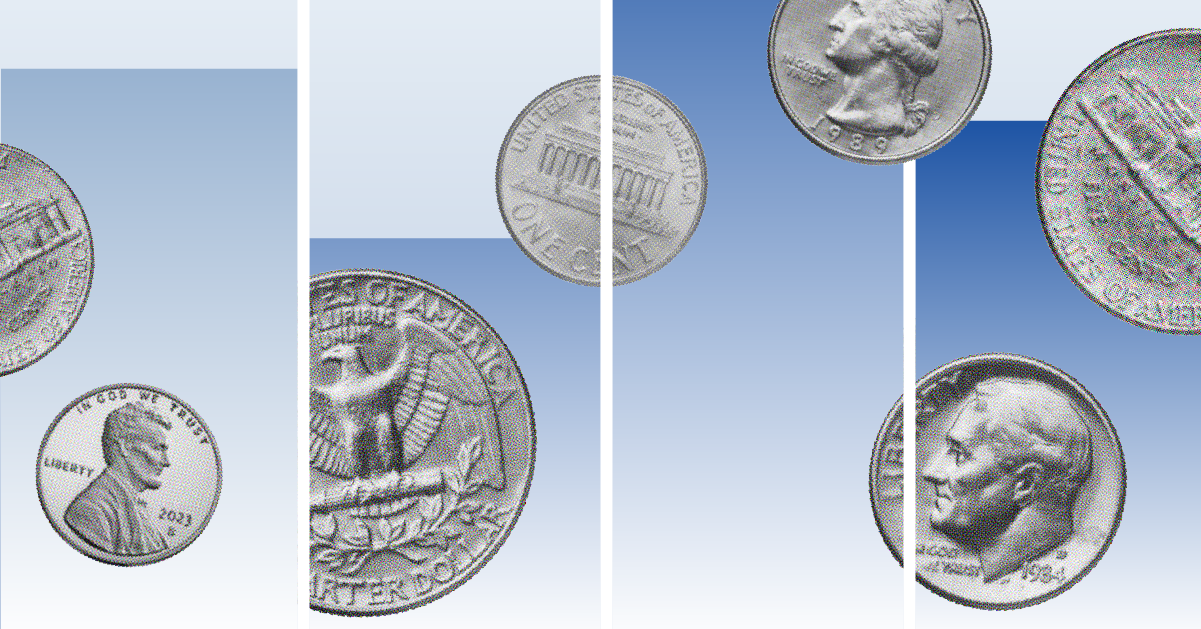Adverse market conditions over the past year not only tested the resolve of investors--as they watched their portfolios plummet and then rebound substantially--but also tested the viability of several ETF structures. At the height of the market's volatility, we wrote several articles discussing idiosyncrasies such as how bond ETFs failed to track their indices, leveraged ETFs produced substantially negative returns due to historic volatility, exchange-traded notes became riskier propositions because of their inherent credit risk, and commodity ETFs gained assets rapidly only to reach their regulatory limits on shares they could issue. The list goes on, but you get my point; it was a rough year. However, ETFs were not the only investment vehicles for which some warts were exposed, and in the vast majority of cases, the structure of ETFs proved to be extremely resilient for such a young product facing an extremely strenuous litmus test.
I'm glad we had a chance to highlight some of the pitfalls that investors should avoid, but I am taking a moment to discuss what we love about ETFs. ETFs have grown rapidly over the last few years, in terms of assets under management, the number of products, and the slate of increasingly complex securities. While we think many of the new strategies reaching the market are intriguing and useful for more sophisticated investors, what we find most compelling are the products that have been around the longest and have attracted the most assets.
For instance, I see nothing wrong with the lineup of funds issued by the three largest providers: iShares, State Street Global Advisors (SPDR funds), and Vanguard. In fact, these companies have issued product after product that exemplify the characteristics we most often laud about ETFs; they typically sport lower fees than funds, exhibit complete transparency, and are extremely liquid. If you have not already introduced ETFs into your portfolio (and there are more of you who have not than there are who have), take a moment to review the offerings from these firms. I bet that you'll find several nice portfolio building blocks that you could hold for several years.
While some firms' ETF offerings are quite gimmicky (they've attracted few assets as a result), many of them are quite useful as well. Some commodity funds stand out in particular, and many of the refined hedge fund alternatives and finely sliced equity subsector funds can prove quite useful from time to time.
For funds to be useful only some of the time implies that they may be best avoided at other times, and that has led to some cynics claiming that ETFs are for "traders" and funds are for "investors." But I'd like to remind everyone that the choice to actively trade versus cost-consciously invest rests squarely in the hands of each individual. If you choose to use core ETFs to build up your portfolio and avoid the animal instincts to trade rapidly, you'll likely discover a very pleasant investor experience over the long haul. Low-costs, broad diversification, and tax efficiency are all waiting for you.
Even the immortal Jack Bogle, founder of Vanguard and perhaps the most practical investor of the last century, has offered several criticisms against ETFs, even though Vanguard's suite of products is growing rapidly. He correctly points out that ETFs trade with much greater frequency than funds, which often leads to taxable events and poor market-timing. At the Morningstar Investment Conference this summer, he noted his utter disdain when the first ETF (now the most actively traded security on the US market) launched: the ubiquitous SPDR. The marketing for the fund stated that you can now trade the S&P 500 all day long, to which he thought, "What kind of lunatic would want to do such a thing?" I agree--a strategy of intra-day trading of the S&P 500 would likely lead to poor results for the vast majority of people.
Bogle's point was that ETFs allow investors to make irrational decisions, and he further conjectured that allowing those mistakes to be made is akin to promoting such behaviour. But within minutes of stating that he believes indexed funds are a better solution for investors, he stated that investors would have likely had marginally better performance by buying and holding Vanguard Total Stock Market ETF than if they held the comparable fund under the fund structure. Granted, that benefit would only be about 2 basis points, but that comparison is between the available-for-all ETF and the lowest-fee institutional-class fund. In my eyes, he was stating that, for investors who suppress their animal instincts to trade, the ETF had broken through the fee class structure that has hindered retail investors for years. Low costs and tax efficiency have extended beyond theory and into reality.
I also recently stumbled upon a two-year-old response from Noel Archard, head of product development at iShares, to the question of what will potentially be the greatest hurdle to ETF asset growth. To paraphrase, he thought that the biggest risk was for any ETF provider to issue a product that offers a poor investor experience. As product proliferation hit new highs from 2005-08, we saw several questionable products reach the market, and there were a few notable instances in which investors felt burned. However, most were the exception rather than the norm. I would not say that these impacted the reputation of ETFs to the same degree that Three Mile Island imperiled nuclear power plant development in the mid-1980s.
But his point is valid, and it appears to me that both Vanguard and State Street share iShares' perspective in this regard. In my opinion, none of these firms have issued products that they feel cannot be used by investors practically and for periods longer than a few moments. It is this type of product development and investor-centric approach that is leading the ETF revolution, and it will likely lead to several more years of asset growth for the industry.
Paul Justice, CFA is a Morningstar ETF strategist.
Disclosure: Morningstar licenses its indices to certain ETF and ETN providers, including BlackRock Global Investors (BGI), Claymore Securities, First Trust, and ELEMENTS, for use in exchange-traded funds and notes. These ETFs and ETNs are not sponsored, issued, or sold by Morningstar. Morningstar does not make any representation regarding the advisability of investing in ETFs or ETNs that are based on Morningstar indices.
























